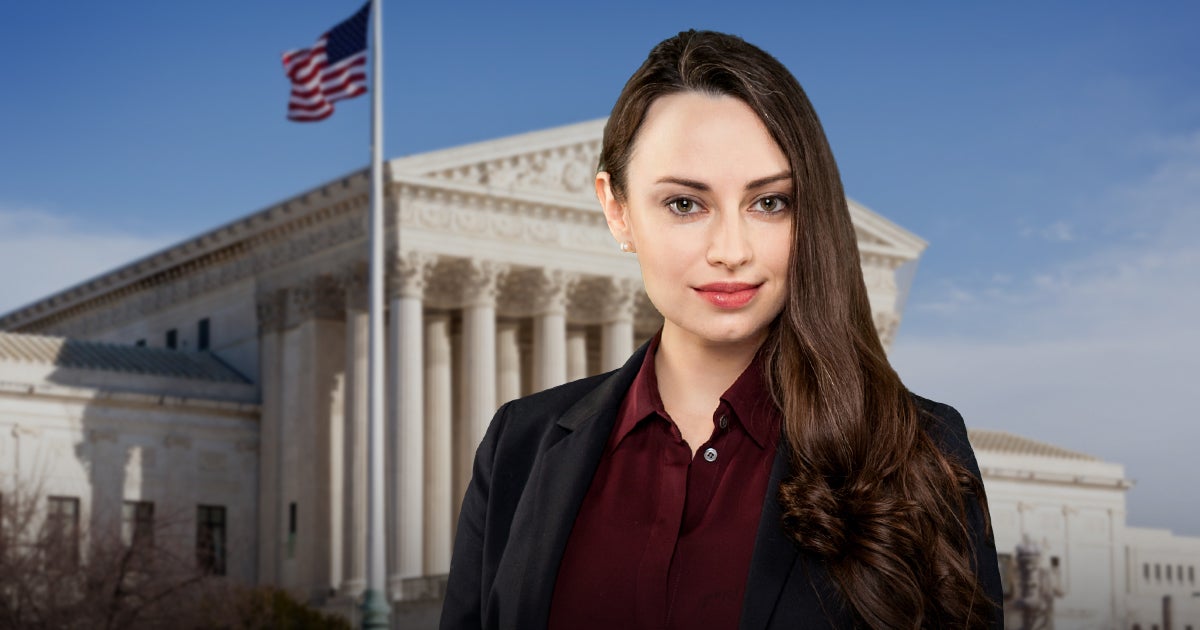
by Stephanie Taub • 4 min. read
In the past few months, the attorneys at First Liberty have received an increasing number of inquiries from people concerned that they might be facing discrimination or hostility at work because of their religious beliefs. With fears of cancel culture increasing, many employees are seeking religious accommodations to not be required to violate their religious beliefs at work. These employees need to know what their rights are when it comes to requesting religious accommodations.
It would have been an opportune time for the U.S. Supreme Court to address the rights of religious employees in the workplace. Yet, last week, the justices unfortunately declined to accept two cases that could have helped religious employees receive reasonable religious accommodations at work.
The cases are Small v. Memphis Light, Gas & Water and Dalberiste v. GLE Associates. In both cases, the religious employees were denied accommodations to be able to observe holy days, such as Good Friday or the Sabbath. Federal employment law, Title VII of the Civil Rights Act of 1964, provides that employers are required to grant reasonable religious accommodations unless employers can show that that the request would cause an undue hardship on the business. The question is what does the term “undue hardship” mean?
Supreme Court Justices Gorsuch and Alito penned an opinion arguing that the Court should have taken up the issue to correct a Supreme Court opinion from way back in 1977 that gutted the statutory term of its meaning, and consequently denied many religious employees the rights that are afforded to others. The opinion argues that the “undue hardship” term should be given the same meaning that it has in other statutes, such as the Americans with Disabilities Act, the Uniformed Services Employment and Reemployment Rights Act, and the Affordable Care Act. Under those statutes, employers must provide accommodations unless doing so would impose “significant difficulty or expense.”
Even though the Supreme Court declined to take up these two particular cases, there is still hope that the Court will address the issue in the not too distant future.
First, it is important to remember that the Supreme Court cannot take up every case that presents an important issue. They only have so much room on their docket. The justices only hear about one percent (1%) of the cases that are appealed to them. The timing may not have been right.
Next, we know at least four of the nine Supreme Court Justices believe the issue of religious accommodations in the workplace should be addressed. In First Liberty’s Coach Kennedy case, Justices Alito, Thomas, Gorsuch, and Kavanaugh penned an opinion suggesting that it might be time to revisit the issue. That opinion was released before Justice Barrett joined the Court. There now may be enough votes on the Court to restore workplace protections for religious employees.
Finally, Justice Gorsuch’s opinion suggests that some of the other Justices may simply be waiting for a case with a different set of facts, a case that raises the issue in a different way. So, it may be that some justices were concerned with the particular circumstances here, and the Court may take up this important issue at another time through a different case.
First Liberty will continue to monitor the situation and continue to advocate that religious employees of all faiths should receive reasonable religious accommodations in the workplace.
If you are concerned about your religious rights at work, please contact us immediately to request legal assistance from our legal experts.